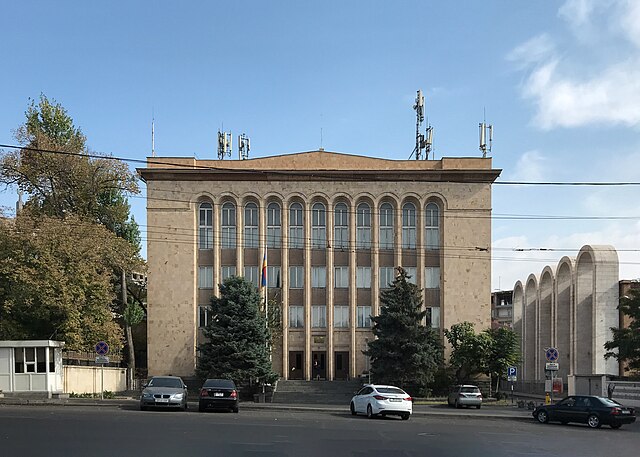Prime Minister Nikol Pashinyan confirmed that he instructed Karen Andreasyan, the head of Armenia’s judicial oversight body, to resign last week, citing dissatisfaction with some decisions made by the country’s courts.
Legal experts expressed concern on Monday, arguing that Pashinyan’s actions constitute illegal interference with the judiciary.
Andreasyan was among six senior officials who submitted their resignations on November 18, three days after Pashinyan publicly criticized Armenia’s courts and law enforcement, accusing them of failing to bring justice to the country. Reports suggest that Pashinyan sent resignation requests to the officials via text message on November 17.
In a late Friday interview with Armenian Public Television, Pashinyan stated that he had “asked” Andreasyan to step down from his position as Chairman of the Supreme Judicial Council (SJC) because he and his political team were committed to establishing an independent judicial system. Pashinyan complained that a “small number of decisions” by the courts had negatively affected the overall judicial system and the public’s perception of fairness and justice in Armenia.
The prime minister alluded to unspecified court cases that have “dragged on for years,” seemingly referring to the lengthy trials of former Armenian officials, including ex-President Robert Kocharyan, and the ongoing asset seizure proceedings against them.
The SJC is supposed to be an independent body responsible for overseeing courts and safeguarding them from external interference. Andreasyan had led the council for over two years, during which opposition figures accused him of assisting Pashinyan in undermining judicial independence under the pretext of Western-backed “judicial reforms.” Critics argue that his removal by Pashinyan only reinforces the perception that the judicial watchdog is under the prime minister’s control.
Pashinyan defended his actions, stating that he had the “political, moral, and legal” authority to make such a request. However, two constitutional law experts interviewed by Azatutyun disagreed.
Vartan Poghosyan, one of the experts, argued that Pashinyan’s actions violated multiple provisions of the Armenian constitution, including the principle of separation of powers among the executive, legislative, and judicial branches. Poghosyan called for criminal proceedings against the prime minister. The other expert, Ara Ghazaryan, also asserted that Pashinyan had unlawfully pressured the country’s top judicial official.




